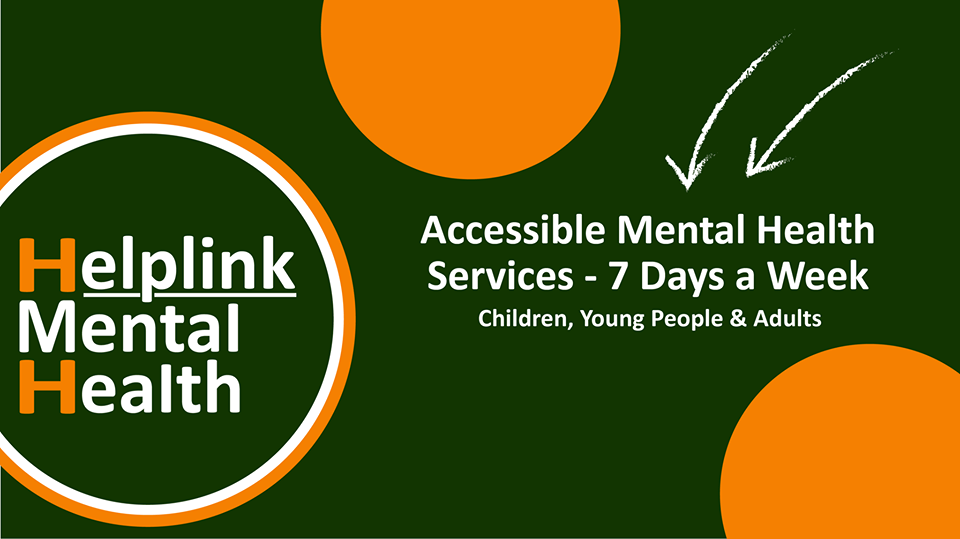The Impact of Emotions on Behaviour
Batja Mesquita, a social psychologist and affective scientist, suggests that emotions are not innate but are created in response to social interaction and can differ across cultures. Our cultural background, gender, age, and socioeconomic status can influence how we interpret the world, which in turn shapes our emotional norms in a given situation.
Are emotions universal? Do you think people are programmed to feel a certain way in specific situations? Or is there a clear distinction between what makes you feel angry, happy or sad, compared to someone else?
Today’s guest is someone whose work I believe can help all of us to make better connections in a fractured, modern world. Batja Mesquita is a social psychologist, affective scientist, and pioneer of cultural psychology. She’s also a Professor of Psychology at the University of Leuven in Belgium and in her ground-breaking book, Between Us: How Cultures Create Emotions, she suggests feelings don’t live within us, they arise between us. They are made, not innate; they form in response to social interaction and can differ dramatically across societies and cultures.
In this conversation, Batja gives examples of how, as a Dutch academic visiting America, she found her colleagues’ culture of compliments uncomfortable and overfamiliar. She explains that it’s not about our language, although the words we choose to describe our feelings can be significant. Instead, says Batja, our
culture, heritage, gender, socioeconomic group or even age influences how we interpret the world – and so what our emotional norms are in a given situation.




